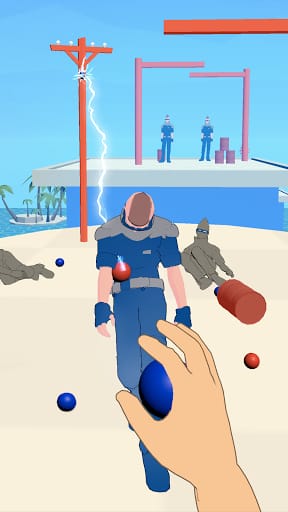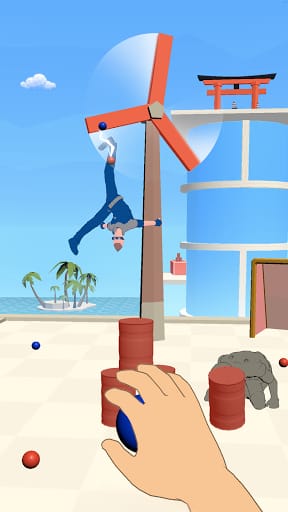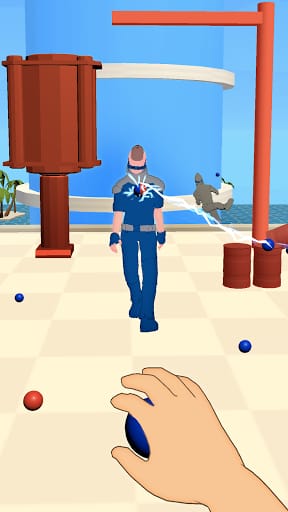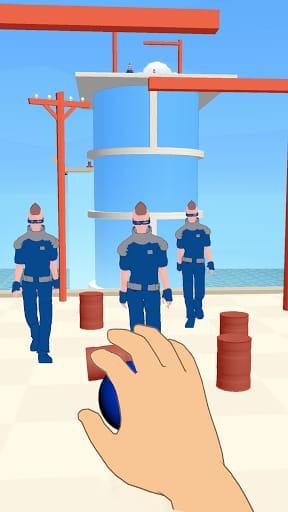Meaning Points: The Gravity of Play
At its core, this game explores the fundamental forces of attraction and destruction, simplified through the magnet mechanic. The act of drawing objects together to create explosions can be seen as a metaphor for creation and destruction, reflecting the constant cycle of change in the universe. This echoes the philosophy of Heraclitus, who emphasized the ever-changing nature of reality. Stanford Encyclopedia of Philosophy: Heraclitus provides a deeper dive into his theories.
Value Aspects: Efficient Destruction, Efficient Enjoyment
The game's value lies in its accessible, yet strategic gameplay. Each level presents a puzzle of efficiency: how to maximize destruction with limited resources (magnets). This mirrors real-world resource management, albeit in a simplified and entertaining format. The satisfaction derived from optimizing a destructive chain reaction offers a form of instant gratification, touching upon the philosophical questions regarding pleasure and purpose.
Purpose Elements: Catharsis Through Controlled Chaos
The game's purpose extends beyond mere entertainment. It provides a controlled environment for experiencing chaos and destruction without real-world consequences. This can be seen as a form of catharsis, allowing players to release pent-up energy and aggression in a safe and contained space. The act of strategically planning and executing a destructive sequence offers a sense of control, countering feelings of powerlessness.
Impact Considerations: Simplicity and Engagement
The impact of this game, like many mobile games, is largely dependent on its ability to capture and hold a player's attention. Its simple mechanics make it easily accessible, but its increasing difficulty and strategic requirements provide a challenge that can be engaging over time. However, the potential for repetitive gameplay is a concern. Its immediate positive impact (entertainment) should be weighed against potential long-term effects (habit formation, time displacement).
Wisdom Reflections: The Magnet and the Metaphor
Ultimately, this game acts as a microcosm of larger philosophical concepts. The magnet, a symbol of attraction, becomes a tool for both creation (bringing objects together) and destruction (causing explosions). This duality invites reflection on the interplay of opposing forces in the universe. While it offers a simple form of entertainment, it subtly touches upon themes of control, chaos, creation, and destruction, prompting contemplation on the nature of existence.
Philosophical Depth
The game offers a shallow, yet present connection to philosophical ideas. Its mechanics, while simple, reflect deeper principles about existence and choices.
- Accessible gameplay
- Strategic depth
- Cathartic release
- Potential for repetition
- Limited narrative depth




